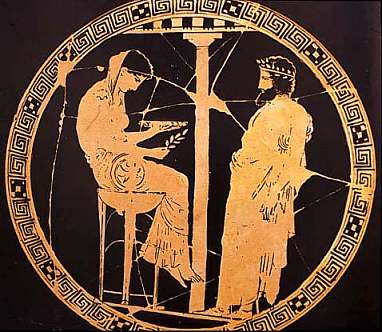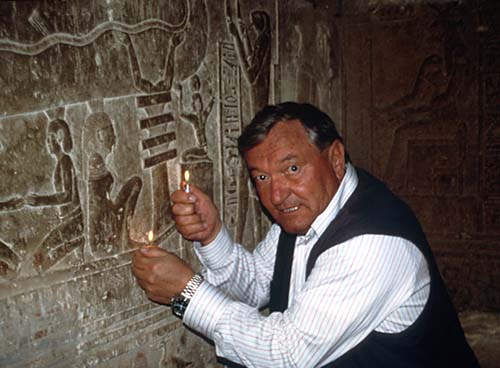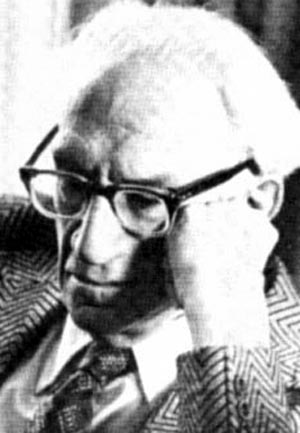“If you’ve stayed this long and followed along you are ready for more of the song.”
Our ditty, indeed paean, to find the origin of Man.
Our method is one of Cartesian doubt, questioning what we have heard sung to us in the past, realizing 90% of what we think we know might very well be false, or in my words, bullshit. In the continuing saga that is our search for the origin of Man, we have unveiled much good information, found many ideas in common, but also filed away quite of bit scientific nonsense into the waste bin. Despite our knowing that success, good grades, advancement, publication, etc. come with being adept at repeating, or better to say, regurgitating what others have told us, we have taken an oath – to not be parrots and just believe what we have been taught, to not just blindly repeat what we hear. Everything, for us, especially regarding Man’s origins, is susceptible to critical examination.
In order to be really honest with ourselves and what we think we know, that which we consider our “knowledge”, and even we ourselves, must come under scrutiny; it is a paradox of sorts to settle, for which purpose we can only hope to be guided by an informed self that is doing the scrutinizing. We want to continue to question everything, and in so doing, even while doing so, we have to admit that the self, the judger who is entertaining and evaluating the history and merits of his beliefs, must also himself or herself become the ojet d’art. The prejudices, trainings, even our very existence must face scrutinization, intense judging and review.
We have discovered that, despite all our alleged scientific and other advances, when it comes to searching for the Truth, whether about the origin of Man or anything else, the Delphic Oracle‘s “KNOW THYSELF” remains still the ultimate goal. This Self, by which we mean that which undergoes experiences, impressions, and sensations, both from perceiving the world through the five senses and by entertaining thoughts in the mind – whether in the form of ideas, images, and/or concepts – must be completely and totally objective about ITSELF in order to come to know the Truth, or really, in order to just begin so complicated a task.
“Itself” is a good word to use for what can also be called in English the Ego, the Soul, the Heart, maybe even the Spirit. Thy Self you must try to Know, you will find, does not really age, or ever change its personality, and perhaps this is why what is essentially you, if you reflect on the matter, you will find to be the same as it was since your earliest memories. What has changed have only been your physical body, the words and the traits that you have acquired through your life in the world, the ideas and images you have entertained through the years, and your knowledge, judgments, and beliefs based on these experiences. These factors, the sum total of which constitute literally the limits of your imagination, also constitute figuratively the breadth of your knowledge.
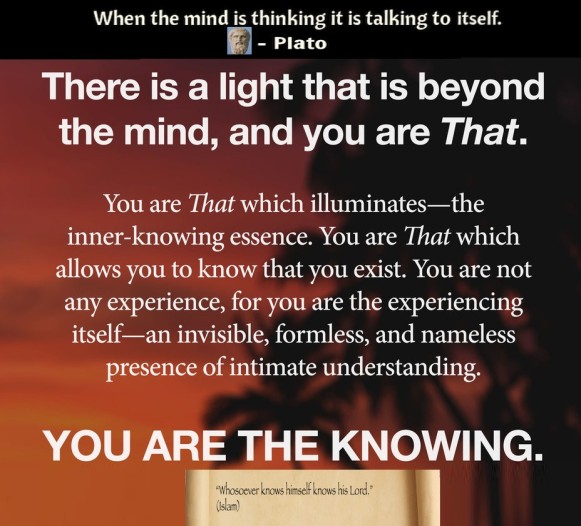
Your mind provides the tools with which your personal Self has to work.
As we age, our minds fill with information, symbols, facts, ethical dos and don’ts, habits, and the like. These experiences become the ideas and concepts with which we may think, and by which our selves might express themselves. Complicating matters is that when we acquire this information we receive it through the screen of our development up until that time. In other words, think rosy-colored glasses – we see things through a certain sort of prism of prejudice, this prejudice being nothing more (or less) than our experiences up until that time.
I wish to continue our study about the origin of Man by discussing some more recent and controversial theories, all of which I believe have at least as much merit as those theories we have thus far been considering. While other thinkers will be mentioned, I want to primarily dedicate the ensuing sections to Immanuel Velikovsky and his view of the cosmos and Man’s place in it, Zecharia Sitchin and Erich von Daniken, and their “alien” theories of human evolution and origin, and finally, I would like to spend some considerable time on G.I. “George” Gurdjieff’s ideas because of the degree to which he has become misunderstood, abused, or taken out of context. His works affected me greatly, and having spent a good deal of time studying him, I think he deserves mention as being the premier original thinker of recent times.
George Ivanovich “G.I. Gurdjieff , echoing the Oracle at Delphi, has said that all search for Truth will inevitably lead the seeker back to himself. The cycle works as follows. You fancy yourself a seeker, you want to learn, to know Truth, so you go to school, or become an apprentice, or study on your own. You become a good student, read what you are told, do what you must, master the craft or discipline, then after a time find yourself knowledgeable about those things. Reflecting afterward, you suddenly, somehow, for some reason, begin to question the supposed facts and behavior you had so mimicked and, often without thought, have taken as Right, and repeated to others as Truth.
As you question these things, you are also questioning yourself and your own belief system. As you change your beliefs, or “change your mind” as they say, about what you have learned, strangely the Decider, that is, the part of you that performs the evaluations (or as Aristotle would say, calculations) the true Self, the thinker, never really changes. THAT self, the Oracle’s Self, the Holy Man’s Soul, the personality, etc. changes its beliefs, its favorites, its mind, to large and small alteration alike – but it Itself, the real or true Self, never changes.
This perhaps “universal” Self is like an overseeing viewpoint, always objective, limited only by the material with which it has been given to work. Once its native objectivity is recognized and allowed to function in an individual, all unexperienced prejudices fall away. We no longer want what we want for any other reason than because it is the best. The difference between objectivity and subjectivity in such an enlightened individual does not exist. To use some words of the times, subjectivity becomes objectivity. I want what is the best, I don’t care what the best turns out to be.
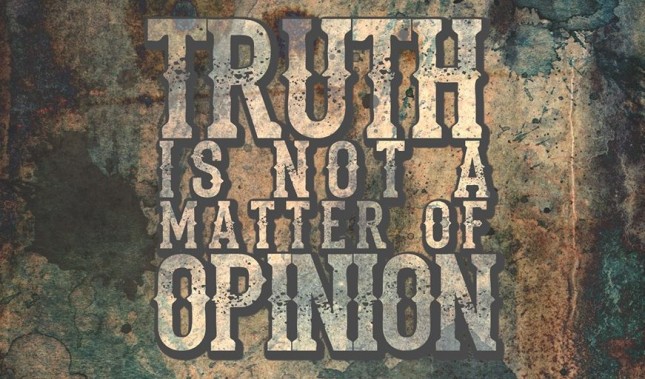
Our search for the origin of Man, for instance, has taken a course through which and during which we have had to question many things we have heretofore taken for granted. We’ve had to jettison silly ideas such as what is newer is better, or that God has a preferred people, or that morality and, say, sex are incompatible, or that “ethnic groups” as wholes can be one better than the other. The Self we are asked to seek, in these instances, is what entertains ideas and impressions about the subjects or issues, it is the deliberator.
Each individual human being is unique because of his or her own “frequency” or “temperament” (or speed, or vibration, or polarity….it could be any such), that is, their own peculiar form of expression. The combination of personality expression with the mind/body complex makes a human being. But each individual, while perhaps infinite in potential, will always be limited by what is received by their physical vehicle, by their bodies, and particularly by those impressions and concepts received by the senses and processed through the mind.
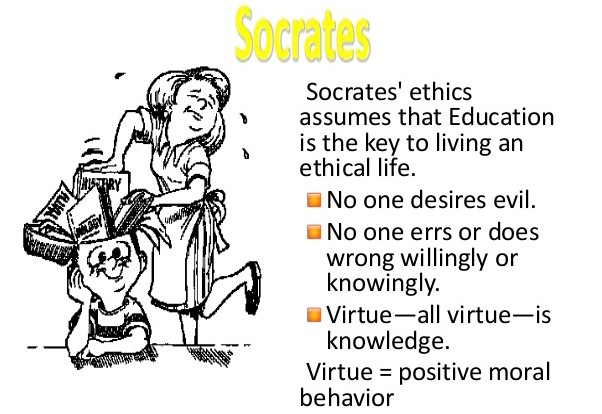
Plato wrote that no man does evil willingly, the implication that in the mind of the evil-doer he is doing something good, for instance he might rationalize his burglary by entertaining the belief that he is being like Robin Hood. Ignorance, for Plato speaking through Socrates in his dialogues, is the cause of evil. In terms we have been using, and for our purposes at this point, we can say that when such a thing happens the deliberator or personality, the thinker, is, in some sense, being ignored. If you are in touch with your true Self, it knows the import of your actions and the validity of your beliefs. Considering this, then, our Robin Hood is not being guided by his Self. Like too many today, he is being guided by a creation of his mind alone, as the Greeks would say, a phantasm, in this case a pseudo-self he has postulated in lieu of the real one he doesn’t want to confront. When such belief in imaginary constructs as real lasts long enough, it is possible the “inner voice” of the true Self becomes buried under so much fiction and imaginary fabrications that it ceases to function in that individual, who has effectively walled off his conscience, and who is believing “truths” of his own invention. Such a person has “lost touch” with his Self, instead becoming just another character, in the words of the psychologists of the 1960’s, stuck in this or that persona (nice old movie here). He or she is at that point living lie, or as Sartre would say, becomes an individual in Bad Faith (mauvaise foi), an individual who lies to himself. When the individual is aware of the predicament, he is simply a poser and a liar. When he is not aware all the time of this predicament, he is lost; brainwashed, hypnotized, ignorant, or insane.
While probably all of us have flirted with this mania from time to time, it is not contradictory to say that too many of us operate in this way for too often, and many, sadly, as a matter of routine. Such poor souls at a loss for an identity are one person at work, a different one at play, another at church, something else in the club. Persona after persona, choosing and being what is popular or expedient, or correct for the moment, saying one thing believing another, repeating mantras and cliches as if they are substitutes for understanding or even cordiality. This is the often misunderstood difference between “ego” and “egoism”. An “ego” is the true Self. The misnomer “egoism” which many use interchangeably with the word “ego”, in the derogatory sense, refers rather to this or that persona, or false self. Only such a pseudo-self could be egotistical in the derogatory “I am the greatest” sense in which the word egoism is usually used.
As we continue our search for the origin of Man we are going to be journeying to relatively unknown lands, entertaining comparatively strange ideas, many of which by their novelty alone might at first seem to be taking us further away from the object of our pursuit. I emphasize then in this introduction the need for you to remain objective, to be guided by that part of your psyche which calls up and entertains ideas, rather than one or another of the personae that too many of us too often mistake for our true Self. If you do this, I guarantee that in what follows this Self of yours will come to recognize many “new” Truths, and be thereby better able to make sense of not only new experiences, but of even what exists already in your mind. Put another way, you need remember only two things in life. First, remember that 1) Everything you do or say is, in a sense, being recorded; you are never by yourself. And 2) Someday you will die.
This last might sound morbid, or irrelevant to you maybe, but you would be surprised how many people have never even entertained the thought of, that is envisioned, their own immanent death. If and when you realize these two things and live by them you will, ethically and morally at least, act rightly, and believe correctly.
Gurdjieff would agree, and towards the end of his Beelzebub’s Tales To His Grandson (very long .pdf file), he talks about how humans can only be “saved” today if they get instilled into them something which always reminds them of their own impending end:
Only such a sensation and such an awareness could destroy the egoism now so completely crystallized in them that it has swallowed up the whole of their essence, and at the same time uproot that tendency to hate others which flows from it—the tendency that engenders those mutual relationships which are the chief cause of all their abnormalities, unbecoming to three-brained beings and maleficent for them and for the whole of the Universe. [end of Chapter 47]
We researchers then must be pro-ego, anti-egoism, steadily aware that we are always being watched, and accepting that we will some day die, and our friends and enemies alike will also die. It is these two things – people thinking nobody will see them, and people never envisioning their own death – that are the cause of perhaps all the harm and immorality caused by humans in this world. In our search for Man’s origins, we cannot be guided by preconceptions, and we can’t be honest with our Selves, indeed even know our Selves, unless we come to grips with the fact that we will inevitably die. As we continue our quest, why this is important will come into brighter light.
Now quickly about our plan of attack: Erich von Daniken is perhaps the most controversial, and definitely the most known figure, so we will consider him first. His main thesis is that beings from other planets came to Earth many times in the past and continue to do so today. He is alive and well with a thriving website. I first ran into his work in the 1970s, forgot about him for a good long time, but ran into him again when I began reading Zecharia Sitchin, who follows a similar thesis. I am not convinced yet of the UFO thesis but, regardless, I must give him his due because of the line of thought he made popular.
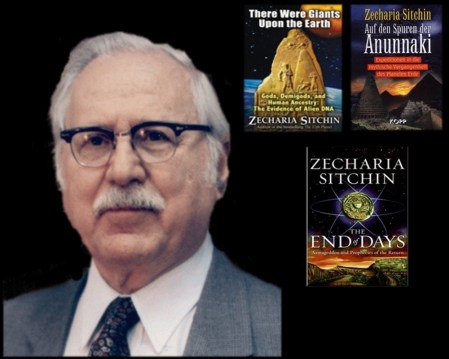
Sitchin passed away very recently, but is a perhaps the most well-known author behind von Daniken. He was quite prolific, a top scholar, and one of very few interpreters of cuneiform in the world. He was expert on Mesopotamia and the Sumerians, the Indians of South America, and the deciphering of ancient myths. He is important because of the scholarly credence he brings, the interest he has generated in ancient texts, and for presenting the first comprehensive, complete, and convincing argument to date in support of extraterrestrial origins of Man.
Keep in mind the difference: extraterrestrial means alien beings but not gods; extra-terrestrial with a hyphen means not from the Earth, and can mean gods, or God, also.
Immanuel Velikovsky died in 1979 and is for me the last great cosmologist, whose catastrophic theories about the Earth and the rest of the Solar System shattered conventional notions and whose works, though contrary to an established Science which has since stolen several of his key ideas, expose for us further the extent of academic corruption, prejudice, and in general un-scholarly approaches too often used by modern science. He will be third.
Finally, I will present Gurdjieff, as he has provided for me a refreshing, new approach to living. Because really, I am a seeker of Truth not so much to know God, or God’s plan, or what will happen when I die. I study because I want to know the right way to act, what to do, how to live my life properly, and what directions to go toward. Gurdjieff provides some answers with his “Fourth Way”, a new way based on old and eclectic teachings, delivered by a man brutally honest, about his own search, and even about himself.

